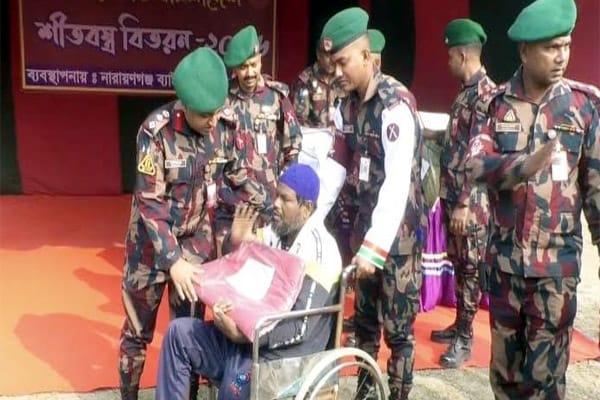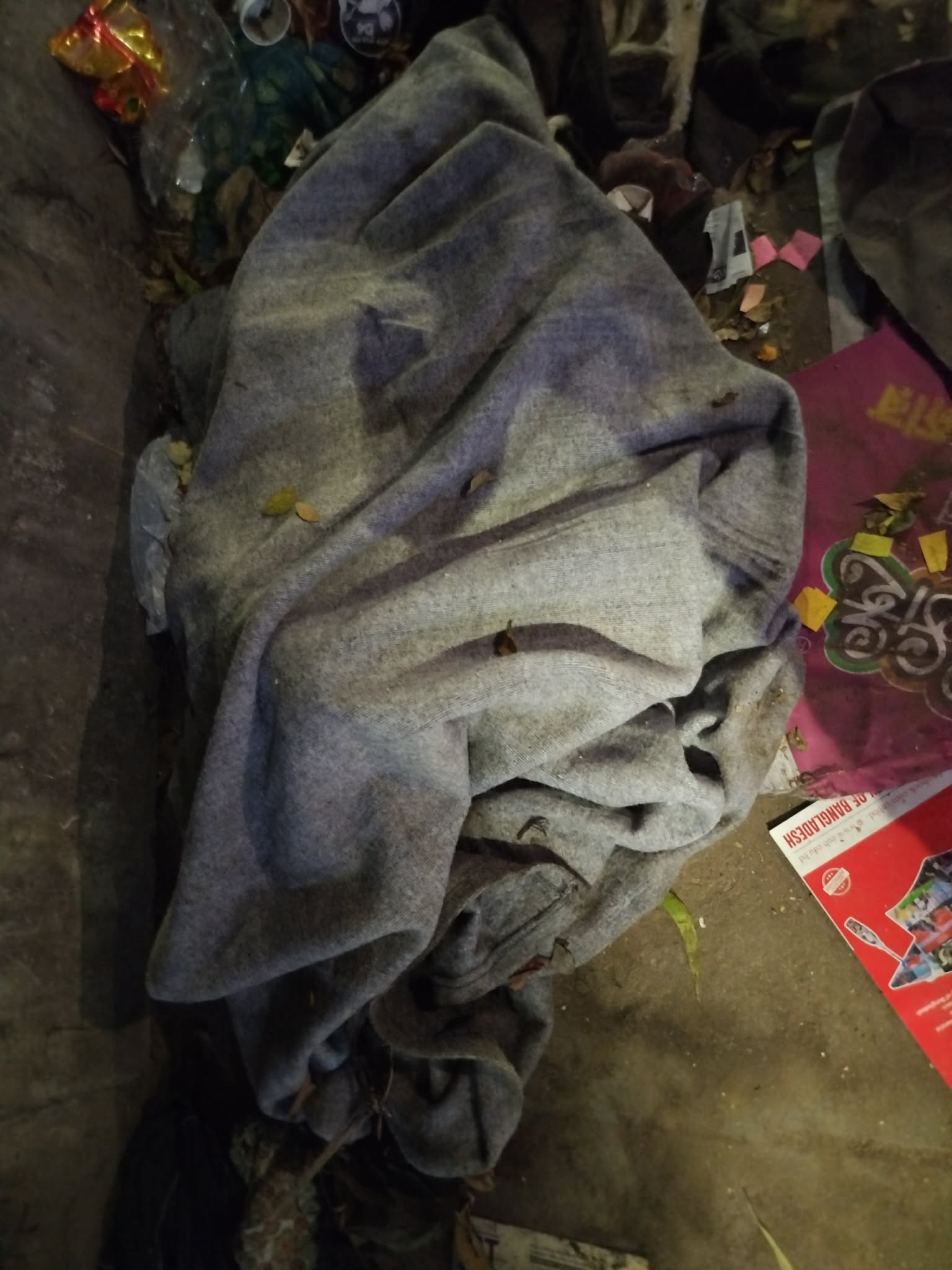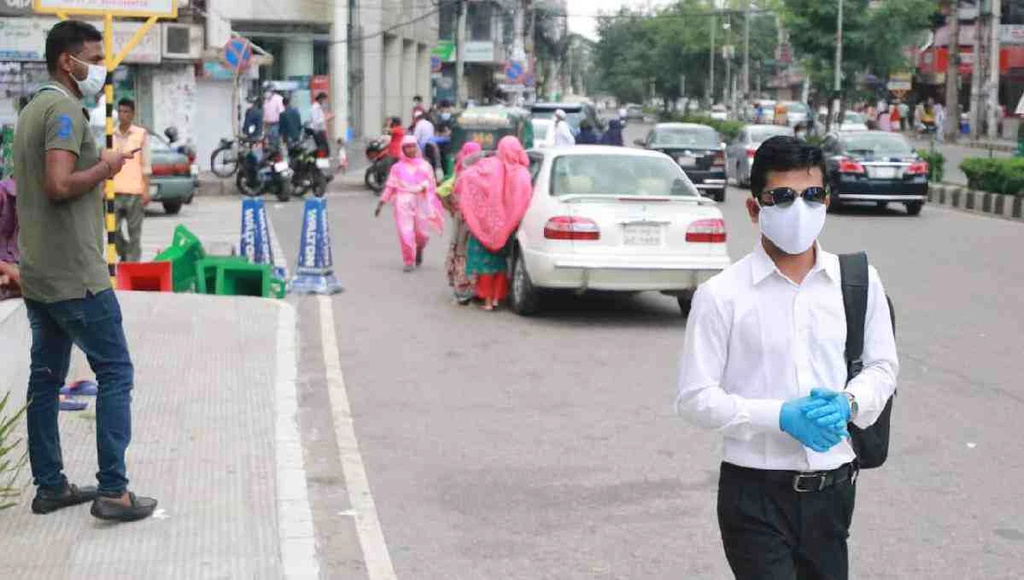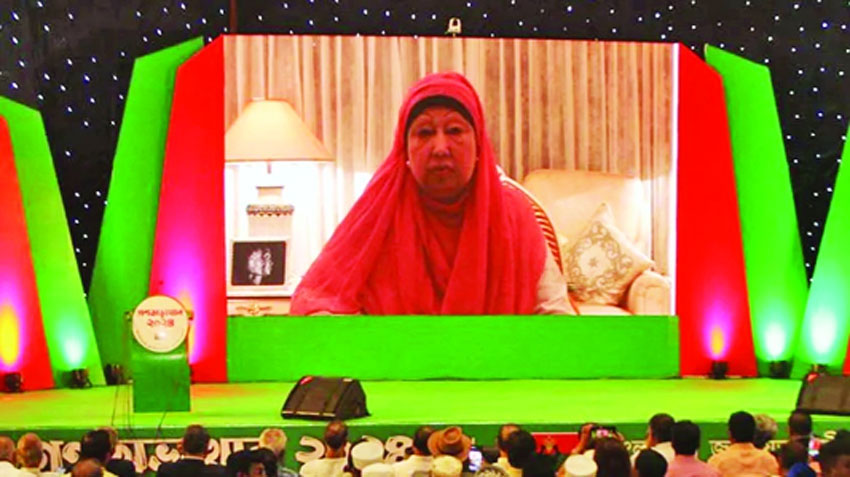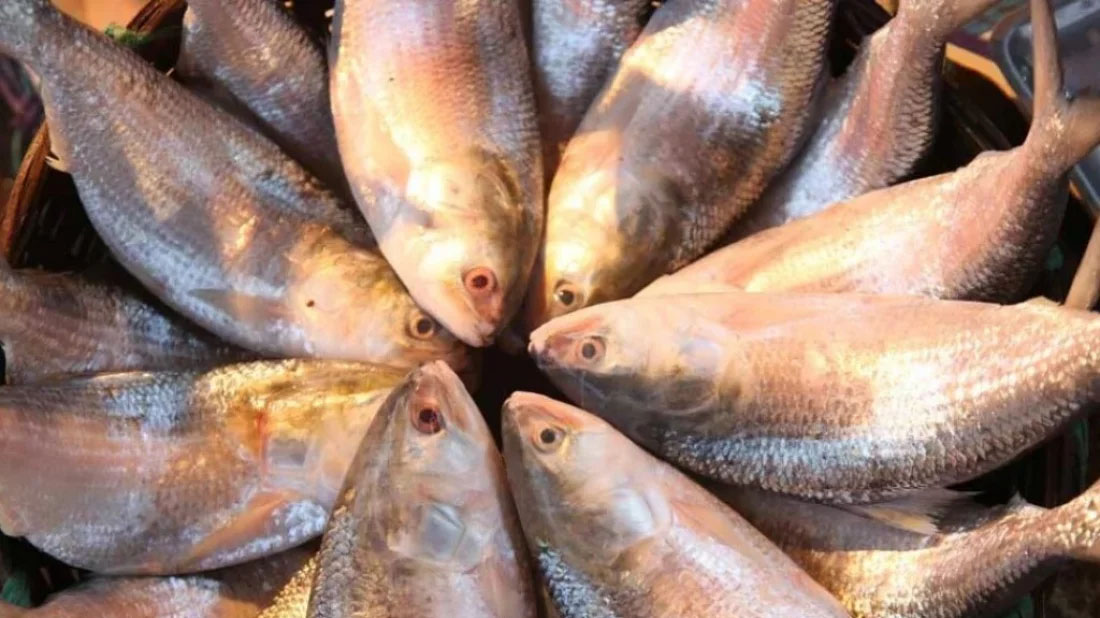- 2022-03-15 00:12:10
- LAST MODIFIED: 2026-02-15 03:08:17
Diplomacy quickens to halt Ukraine war or stop its expansion
International Desk
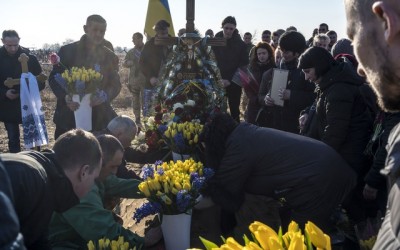
Family members place flowers on the grave of Serhiy Kulyk, 54, a Ukrainian soldier who was killed in eastern Ukraine, during his funeral in Starychi, Ukraine, on Monday, March 14, 2022. The New York Times
Diplomatic activity quickened on multiple fronts Monday as Russia’s war on Ukraine entered an uncertain new phase, with Russian President Vladimir Putin’s forces widening their bombardment of Kyiv and other cities, hundreds of civilians escaping the devastated port of Mariupol, and the United States warning China over its deepening alignment with an isolated Russia.
There were no breakthroughs, either at the negotiating tables or on the battlefield. But as the human cost of the war continued to mount, the flurry of developments suggested that people were groping for a way out of the crisis — or, failing that, for ways to prevent it from mutating into a wider proxy war.
In Rome, US President Joe Biden’s top national security aide, Jake Sullivan, met with a top Chinese foreign affairs official, Yang Jiechi, to try to peel away one of Putin’s few potential allies, after reports — denied by Moscow and Beijing — that Russia had sought military aid from China, and that Chinese leaders were open to such a request. Sullivan, a Biden administration official said, had expressed “deep concerns” about “China’s alignment at this time.”
Ukrainian and Russian officials held another round of direct negotiations, adjourning without signs of progress, although they agreed to meet again Tuesday. The negotiations unfolded against a backdrop of thunderous Russian artillery strikes that led United Nations Secretary-General António Guterres to declare Ukraine was “being decimated before the eyes of the world.”
An uncharacteristically angry Guterres accused Russia of attacking 24 health facilities and leaving hundreds of thousands of people without water or electricity. Having once predicted there would be no war in Ukraine, he now warned there could be a calamitous cascade of world hunger and food inflation because Ukraine is one of the world’s foremost grain producers.
The impact on civilians, Guterres said, was “reaching terrifying proportions.” Ukrainian President Volodymyr Zelensky plans to address the US Congress on Wednesday in a virtual speech that could increase pressure on the Biden administration to send fighter jets to Kyiv.
In one of dozens of episodes of violence in Ukraine, a missile slammed into an apartment block in a once-tranquil Kyiv neighbourhood just after dawn Monday, when many residents were asleep. They had become accustomed to the percussive noise of shelling after more than two weeks of Russian bombardment, but never thought their building would be hit.
“We do not have a military target near us,” said Yuriy Yurchik, 30. “We did not think we ourselves would be a target.”
Yet amid the drumbeat of horror, there were also glimpses of resilience. Hundreds escaped Mariupol by car, according to the local government, even as a convoy of vehicles carrying food, water and medicine tried to find a safe path through the battle that has been raging around that southeast port city almost since the war began. Relatives of those still living in Mariupol said fleeing seemed to offer the best, perhaps only, chance for survival.
“I do not believe the humanitarian convoy will be a big help,” said Olexander Kryvoshapro, a humanitarian activist whose parents were in Mariupol. “Too many people are still there. And this once beautiful, big and constantly developing city is now completely destroyed. It is not possible to live there anymore.”
An estimated 400,000 people are trapped in Mariupol, which is entering its second week without heat, food or clean water. Attempts to reach the city and evacuate people have failed day after day amid heavy fighting. The convoy en route Monday was carrying 100 tons of relief supplies, officials said.
Russia has been laying siege to the city, a major industrial hub on the Azov Sea, creating a humanitarian catastrophe that led the International Committee of the Red Cross to issue an urgent appeal for a cease-fire to assist the hundreds of thousands of people with no access to clean water, food or heat.
“Dead bodies, of civilians and combatants, remain trapped under the rubble or lying in the open where they fell,” the ICRC said.
Casualty figures are difficult to confirm in the conflict. The United Nations has estimated that at least 596 civilians have been killed, but that figure is considered low because of the organization’s inability to gain access to all areas of fighting. Ukrainian officials have said more than 2,500 people have died in Mariupol alone.
Particularly striking was the death of a pregnant woman who had been photographed clutching her belly as she was carried on a stretcher from a blasted-out maternity hospital that had been attacked.
The split-screen images of slow-moving diplomacy and sudden, brutal attacks on many civilian targets underscored the challenges of finding an acceptable off-ramp for Putin, even after a campaign that, by nearly all accounts, has gone far worse for Russia than expected.
The Kremlin, confronting a remarkably determined Ukrainian resistance and heavy losses on the battlefield, vowed to carry out its subjugation of the country “in full” and on its original schedule. (It is unclear what that schedule is, although Russia denied, until just before the invasion, that it had any plan to send troops into Ukraine.) Russian officials have tried to portray their military’s failure to capture most major cities in Ukraine as an act of restraint.
Responding to Western claims that Russian forces were making “slow progress” in large cities, Kremlin spokesperson Dmitri Peskov said Putin had ordered Russian troops to “refrain from storming large cities including Kyiv” before the Feb 24 invasion. The reason, he said, was that “armed clashes in urban areas would inevitably lead to big losses among civilians.” But he added that the cities are “already practically encircled anyway.”
Interpreting Peskov’s statements was difficult, but they did not appear to foreclose the possibility of a negotiated settlement. On Monday, Putin spoke again with Israeli Prime Minister Naftali Bennett, continuing Israel’s efforts to mediate. The 90-minute call focused on the possibility of a cease-fire, a senior Israeli official said and followed a call between Bennett and Zelensky on Saturday evening.
The prospect of China’s involvement in support of Russia, however, raises the risks of a conflict that has already threatened to pull in the West. It would blunt the impact of a trans-Atlantic campaign to isolate Russia, relieving some of the economic pressure on Putin and giving him a potential supplier of weapons to counteract those flowing in to Ukrainian troops from the United States and other NATO countries.
“It really risks making Ukraine a proxy conflict in what could be a broader geopolitical competition between China and Russia on the one side with the US and its allies on the other,” said Evan Medeiros, a professor of Asian Studies at Georgetown University and former China policymaker in the Obama administration.
Sullivan’s seven-hour meeting with Yang had been scheduled long before the invasion, but it came one day after US officials told reporters about the request from Moscow for assistance from Beijing — a test of a new commitment to work together pledged by Putin and President Jinping at the opening of the Beijing Winter Olympics last month. American intelligence agencies learned of the Russian request in recent days.
It appears the request may include drones, secure communications and financial support, US officials said, although the details are unclear. The United States told allies in diplomatic cables that China had given a positive signal to Russia, a European official said Monday, speaking on the condition of anonymity because of the sensitivity of the exchanges, which were first reported by the Financial Times.
Sullivan was “direct about those concerns and the potential implications and consequences of certain actions,” an administration official said. But the official refused to give specifics about the exchange with Yang, a former Chinese ambassador to the United States.
China, which has urged a peaceful resolution to the conflict and has maintained good relations with Ukraine, has denied receiving any request for help from Moscow. But with much of the rest of the world cutting off trade, financial transactions and other economic interactions with Russia, which threatens to plunge the country into default, Putin is clearly counting on his relationship with Xi to help him resist the overwhelming economic pressure — and to perhaps emerge as a critical military ally.
Clearly, the leak of the intelligence that Russia sought China’s help was designed to pressure both sides. It was humiliating for Putin, who is enormously sensitive to suggestions that he is the junior partner in the relationship between Moscow and Beijing.
But it also places China in a hard spot. Just before Russia’s invasion, Chinese Foreign Minister Wang Yi left no doubt that Beijing opposed military action. “The sovereignty, independence and territorial integrity of any country should be respected and safeguarded,” he said. “Ukraine is no exception.”
If China provided military or economic support, it would be violating that principle and risk being associated with the carnage now underway. The White House has made clear it would respond to any effort to bail out Russia. “Support of any kind,” said Biden’s spokesperson, Jen Psaki, “there would be consequences for that.”
© 2022 The New York Times Company


